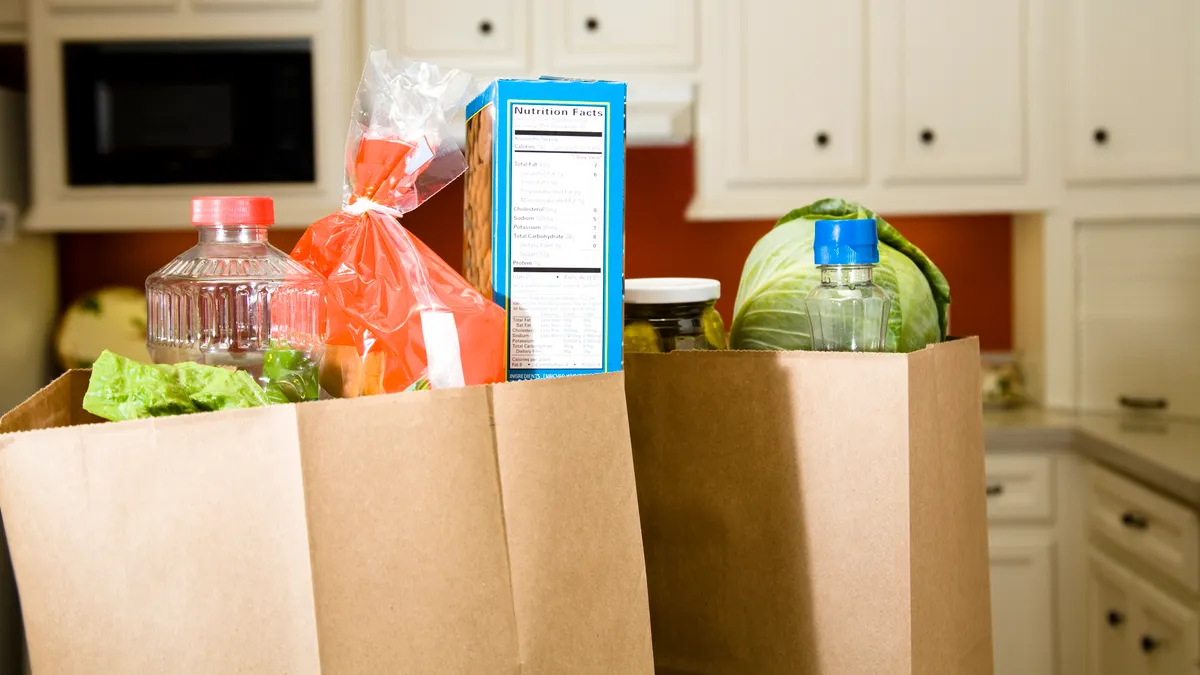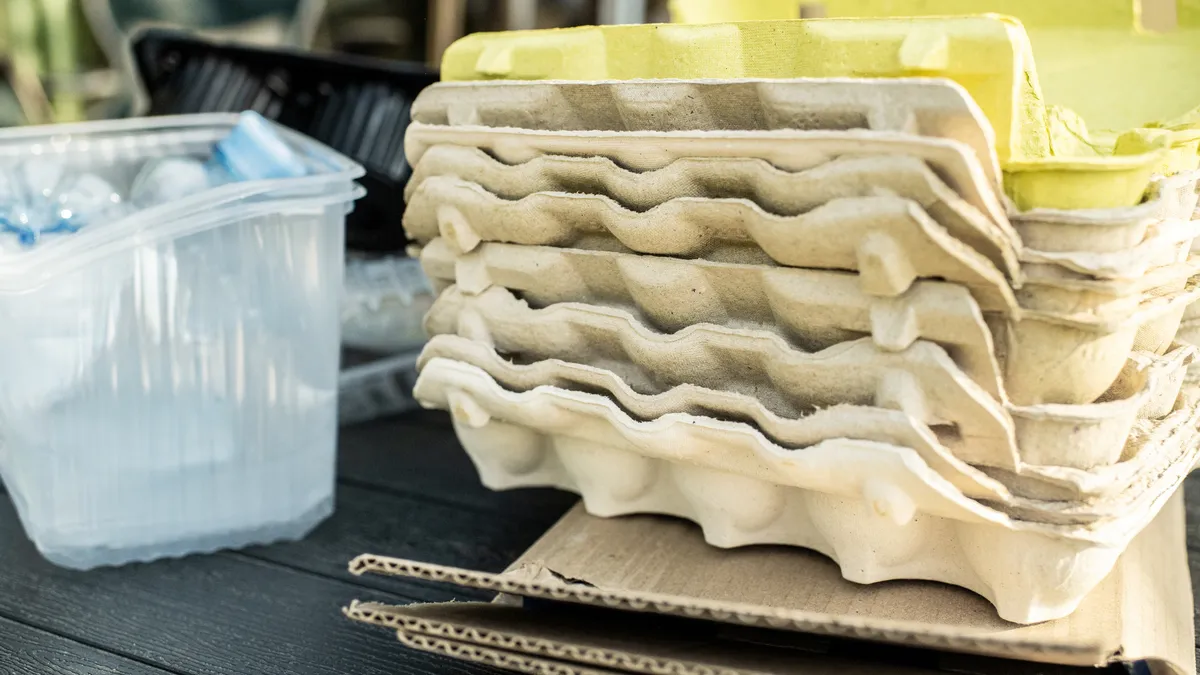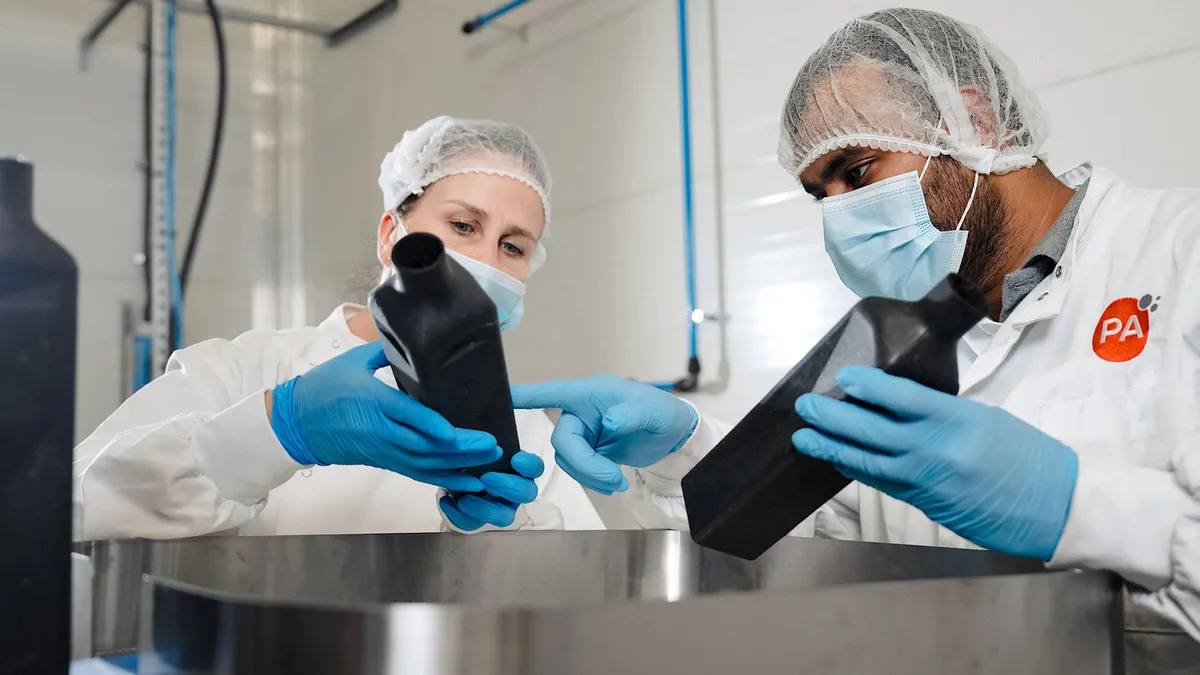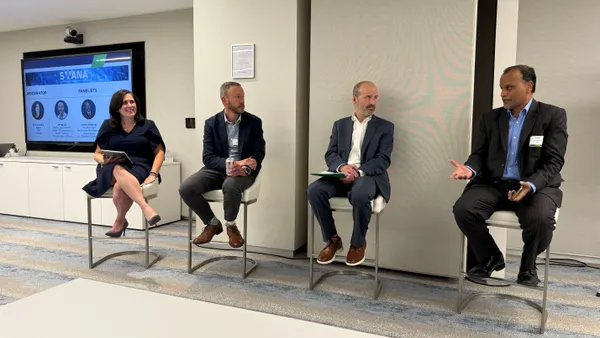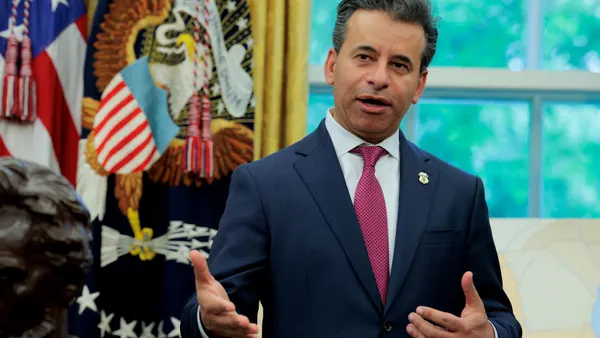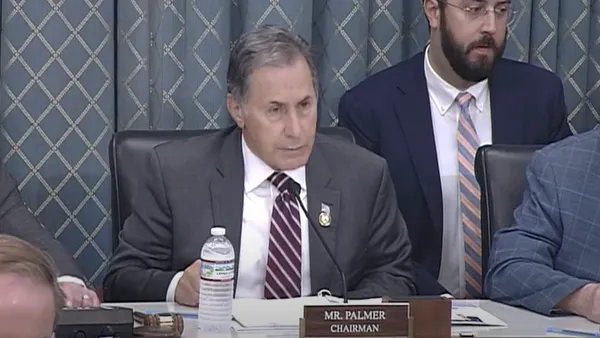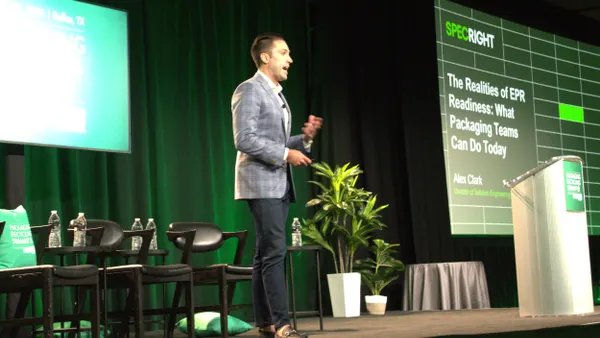California Gov. Gavin Newsom signed SB 1053 into law on Sunday, finalizing a long process of addressing what environmental advocates have described as unintended consequences after enacting a plastic bag ban a decade ago.
In 2014, SB 270 banned sales of certain single-use plastic carryout bags, a law that was upheld by a ballot proposition passed by California voters in 2016. An aim was to lessen plastic use and encourage shoppers to bring their own reusable bags.
What followed was a proliferation of bags made of thicker plastic film, which were technically considered reusable or recyclable but didn’t decrease plastic use. According to the California Public Interest Research Group, very few surveyed customers ever brought back a thick plastic bag to reuse, and municipal recycling facilities in the state do not accept them for recycling.
SB 1053 intends to close that loophole. Come 2026, the only type of single-use bag that stores will be allowed to offer at checkout are recycled paper bags at a price of at least 10 cents. Two years in, the threshold for a “recycled” paper bag would rise from 40% recycled material to 50%.
Plastics industry representatives had lobbied against the bill, including via the Responsible Recycling Alliance, which was formed this year by recyclers EFS Plastics, Merlin Plastics and PreZero US.
A statement Sunday from state Sen. Catherine Blakespear, a lead on the legislation, said the law “honors the intent of the original ban on single-use bags enacted 10 years ago.”
“Instead of being asked do you want paper or plastic at checkout, consumers will simply be asked if they want a paper bag, if they haven’t brought a reusable bag. This straightforward approach is easy to follow and will help dramatically reduce plastic bag pollution,” she said.
Numerous environmental advocacy groups voiced support for the bill.
“This has been a long time in the making,” said Nick Lapis, director of advocacy at Californians Against Waste. "I think a major reason why the legislature wasn't swayed by the plastics industry is that Californians voted for this in 2016. We constantly see overwhelming public support for tackling plastic pollution in California.”
The Ocean Conservancy praised California legislators for getting the bill across the finish line. “Plastic grocery bags are not only one of the most common plastics polluting our beaches, but also one of the top five deadliest forms of plastic pollution to marine life,” said Anja Brandon, director of plastics policy, in a statement. “But we have a simple solution that has been shown to reduce this type of plastic pollution: banning them.”
There are still multiple packaging-adjacent bills passed by the legislature that Newsom has yet to act on, including ones related to date labeling and microplastics research. Newsom has until Sept. 30 to sign them.
Cole Rosengren contributed to this story.



